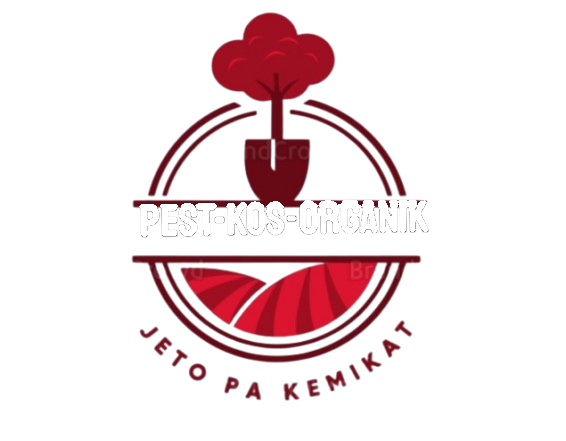Services
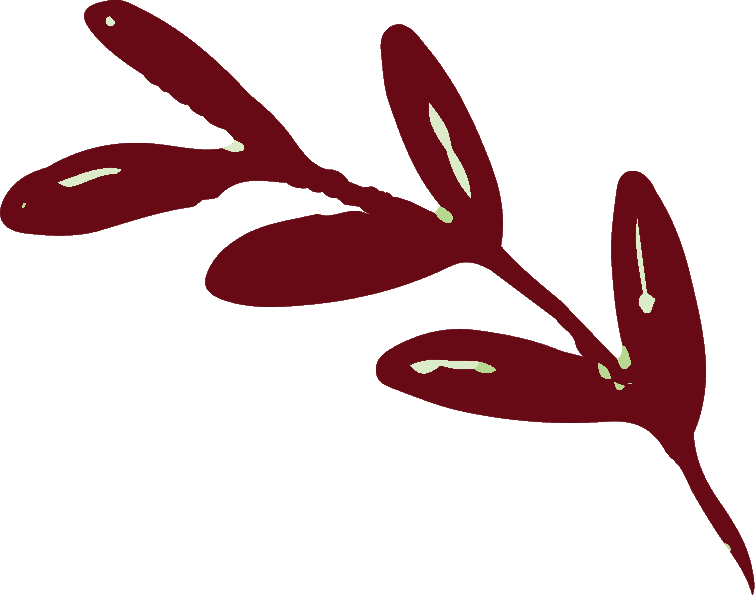
1. INPUT SUPPLY MANAGEMENT
Input supply management is the most difficult challenge for farmers and growers. They need to find a reliable source of high-quality agricultural inputs such as seeds, fertilizers, farm equipment, supplies and veterinary services. In meeting production challenges, Pest Kos Organike helps farmers/growers to access inputs quality farm products at the best market prices, either by procurement from national/international producers and suppliers or through quality production.
- Organic and Bio fertilizers
- Organic pesticides and fungicides
- Organic fertilizers and soil conditioners
- Pesticides and bio-nutrients
- Crop spraying
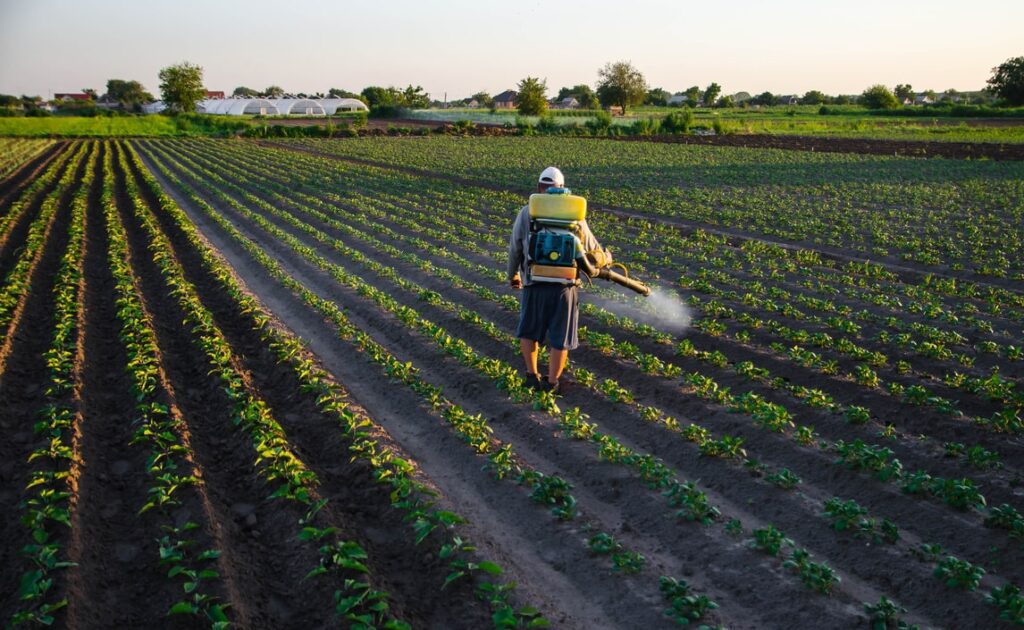
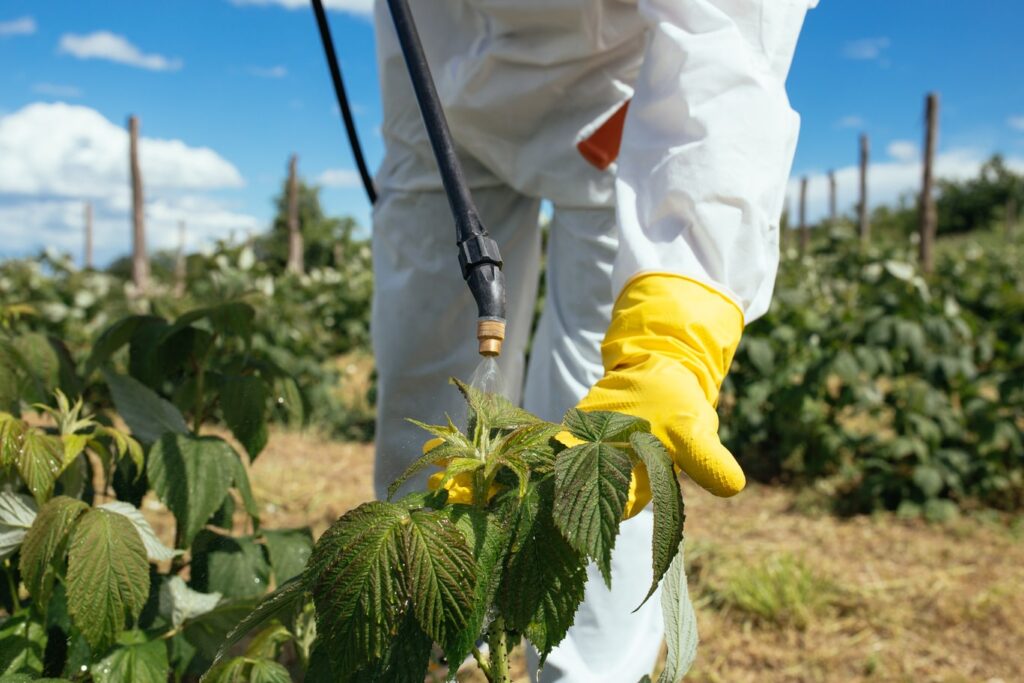
2. PLANT NUTRIENT MANAGEMENT
Plant nutrient management refers to the maintenance of soil fertility and the supply of plant nutrients at an optimal level for maintaining the desired productivity by optimizing the benefits from all possible sources of organic, inorganic and biological components in a way integrated.
- Target yield, specific to country and soil
- Understanding the interrelationship of different nutrients
- Nutrients based on the planting/rotation system; and more specifically
- Use on-farm and off-farm waste through recycling
Pest Kos Organic encourages farmers to follow the principle of conservation agriculture in order to minimize soil disturbance, promoting intercropping and crop rotation and developing a permanent ground cover to minimize the need for chemical fertilizers.
3. INTEGRATED DAMAGE MANAGEMENT
Integrated Pest Management (IPM) is an ecosystem approach to crop production and protection that combines different management strategies and practices to grow healthy crops and minimize pesticide use.
Pest Kos Organic offers Farmers / Growers / Corporations Integrated Pest Management through Organic and Bio Products. We follow a four-tiered approach to control pest incidence including:
- Set action thresholds
- Monitor and identify pests
- Preventing
- Control
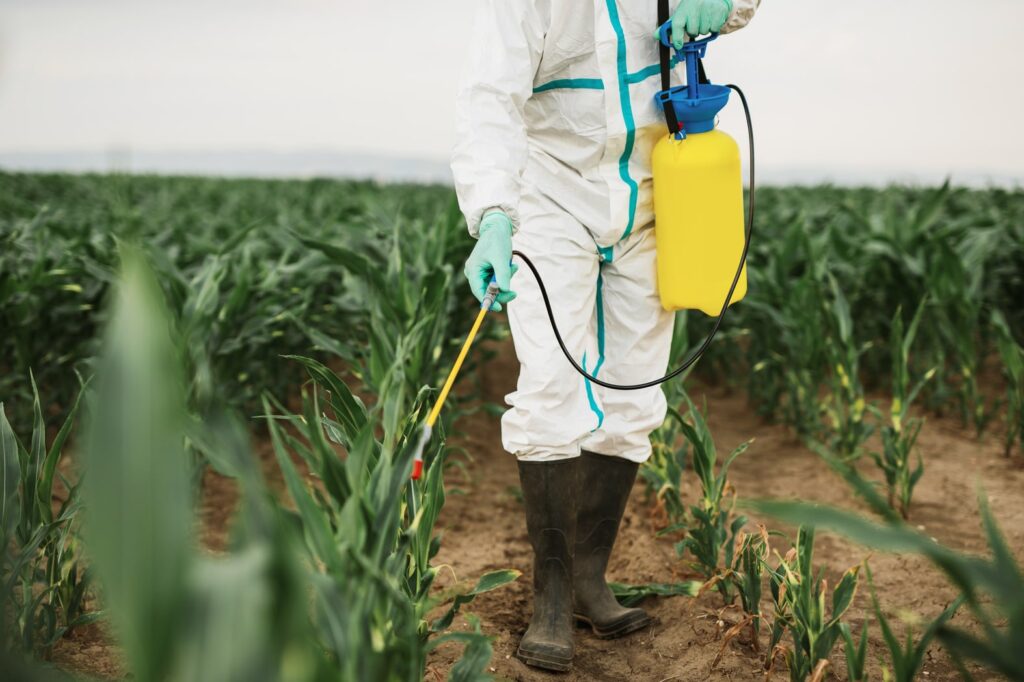
Pest Kos Organike is made with the help of bio-Pesticides, Organic Pesticides, Plant Extracts and Natural Remedies available in the local area. Pest Kos Organic offers complete solutions for integrated pest management in the host environment including:
- Household IPM
- IPM garden
- IPM lawn
- IPM school
- Agricultural IPM
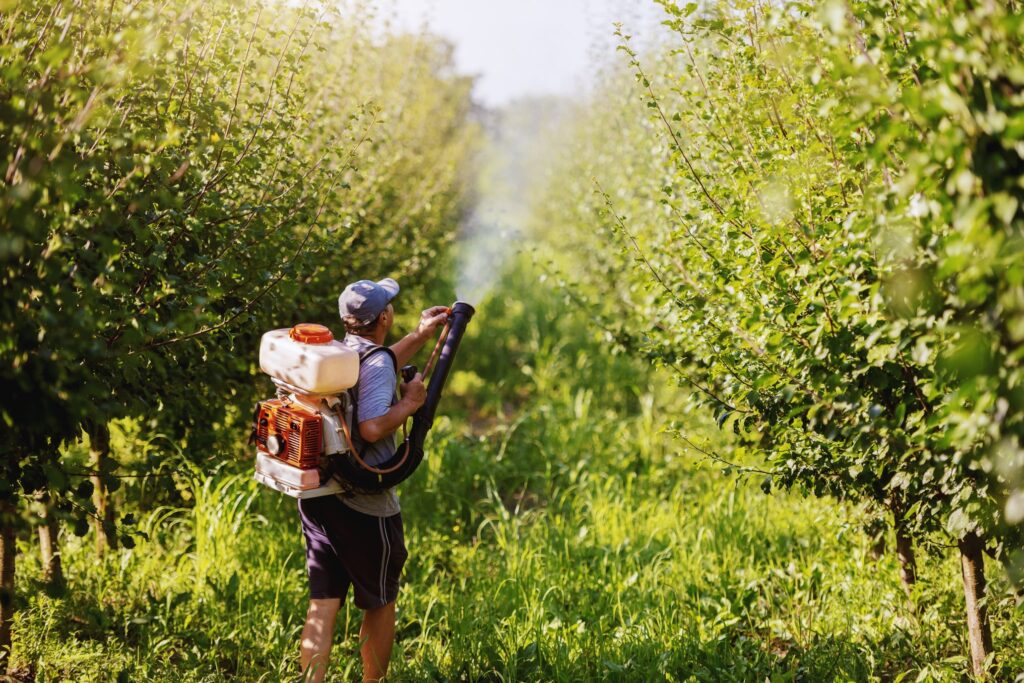
4. ORGANIC AGRICULTURE CONSULTANCY
Organic farming is a form of agriculture that relies on ecosystem management and efforts to reduce or eliminate agricultural chemical inputs. It is a holistic production management system that promotes and improves the health of agro-ecosystems, including biodiversity, biological cycles and soil biological activity. Organic farming excludes the use of synthetic inputs, such as synthetic fertilizers and pesticides, and genetically modified organisms (GMOs).
Organic farming methods vary. However, organic approaches share common goals and practices. In addition to excluding synthetic agrochemicals, these include soil protection from:
- Soil erosion
- Depletion of nutrients
- Structural decay
Pest Kos Organic has consultancy that offers assistance to farmers (producers) with personalized agronomist.
With population growth, our obligation would not only be to stabilize agricultural production. Scientists have realized that the high-input 'Green Revolution' has reached a plateau and is now sustained by diminishing returns on diminishing dividends. Thus, a natural balance must be maintained at all costs for the existence of life and property. In this way Pest Kos Organic is helping to contribute to significant socio-economic and ecologically sustainable development opportunities by improving farmers' incomes and living conditions. The inputs that are commonly used in Organic Agriculture are:
- Organic fertilizer (of plant and animal origin)
- Liquid manure / compost tea
- Organic pesticides and fungicides
- Biological waste
- Organic soil conditioners
Pest Kos Organic also provides assistance to farmers to develop 100% Certified Organic Farms. The objective of the program is to provide access to high quality Organic Inputs and Training Manuals on Organic Farming
5. MANAGEMENT OF INPUT SUPPLY
Due to the lack of land, it is not possible to cultivate agricultural crops in cities, but there is a great demand for agricultural products in urban areas.
Hydroponics is the best technology for cultivating agriculture where land is not available. It can be cultivated on the top of the roof in the hilly area, on the concrete floor.
Hydroponics is a subset of hydroponics and is a method of growing plants using mineral nutrient solutions, in water, without soil. Terrestrial plants can grow with their roots only in mineral nutrient solution or in an inert medium such as perlite, gravel, mineral wool, expanded clay or coconut shell
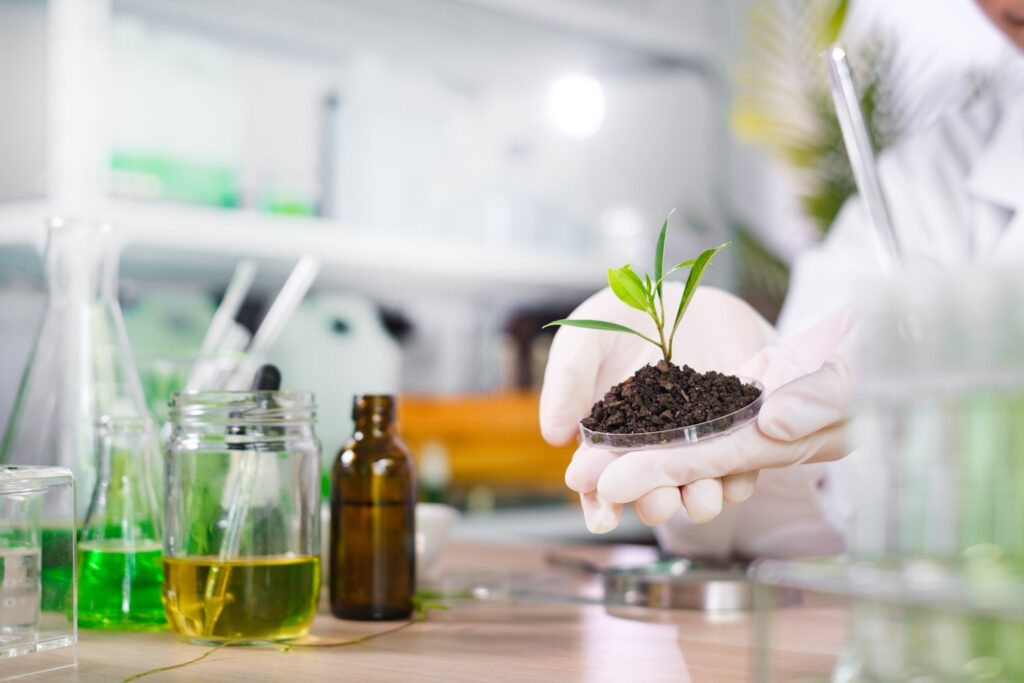
Some of the reasons why hydroponics is being adapted worldwide for food production are:
- Easy to grow and cultivate
- Stable and high yields
- 80% less water than traditional farming
- Agriculture without pesticides
- It is easier to harvest
- Agriculture without chemicals
- IOT Enabled Agriculture (Smart Agriculture)
- There is no need for personal presence
- There is no need for personal presence
- Conserving biodiversity and renewable resources (such as wildlife, land and water) on the farm and in the surrounding environment
- Increasing the yields of organic products in the low-input areas of the region where agricultural yields were cultivated
- Increasing annual farm income and/or reducing production risk and costs
- Promoting long-term sustainability
- Opening and facilitating the trade of organic products
- Improve the year-round health, well-being and food security of rural households by promoting a varied, nutritious and healthy diet
- Improves plant growth and green color
- Fixes atmospheric nitrogen for plants
- Renewable energy source
- Immediately available to plants
- Improves soil properties and fertility
- Increases yield from 10% to 30%.
- It increases the quality and value of the product
- Fights pests and diseases

